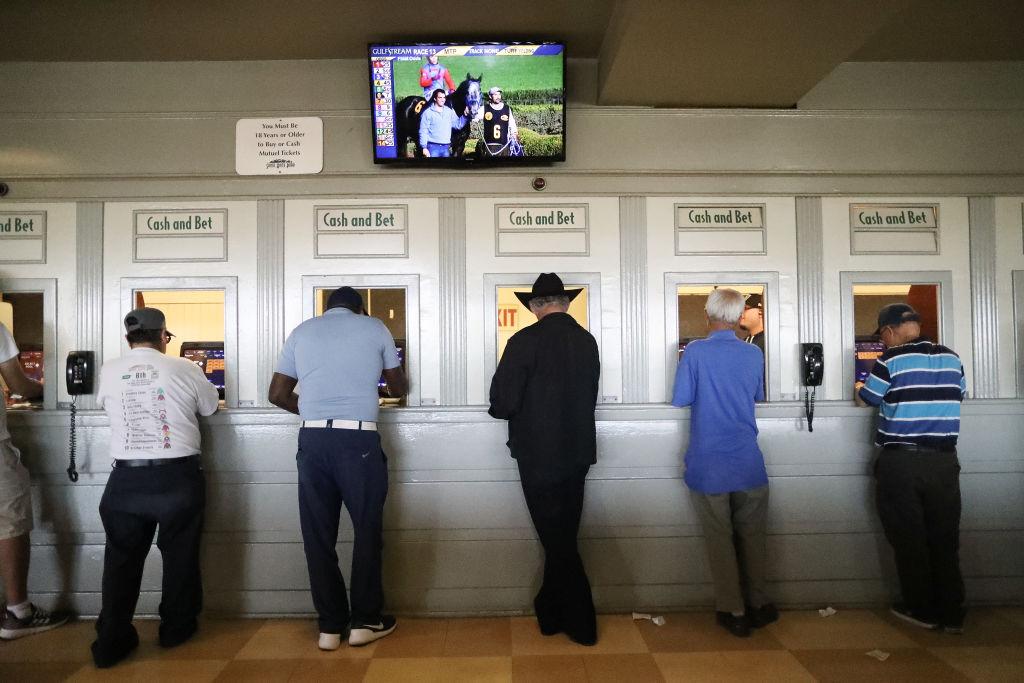A proposal to legalize sports betting in California that could generate billions of dollars in tax revenue—but threatens the tribal monopoly on gambling in the state—has erupted into a political wrestling match as the bill awaits a key vote in the state Senate.
SCA-6 (Senate Constitutional Amendment 6) would legalize online and mobile sports betting, as well as legitimizing the state’s operating cardrooms—two elements vehemently opposed by the Native American tribes.





